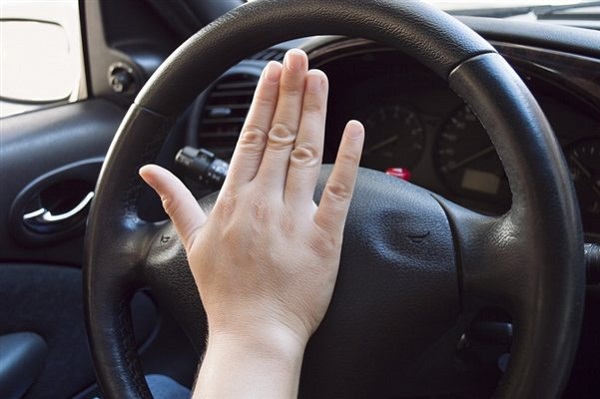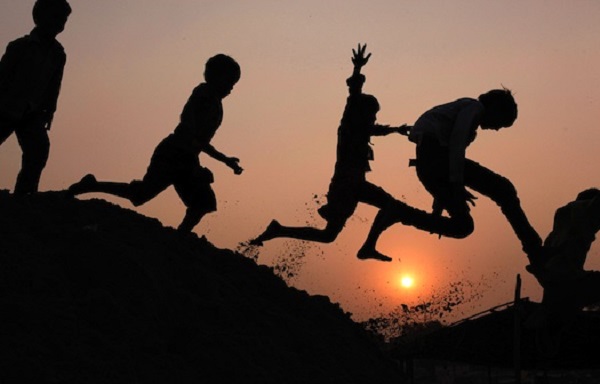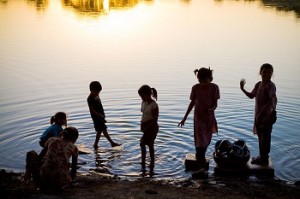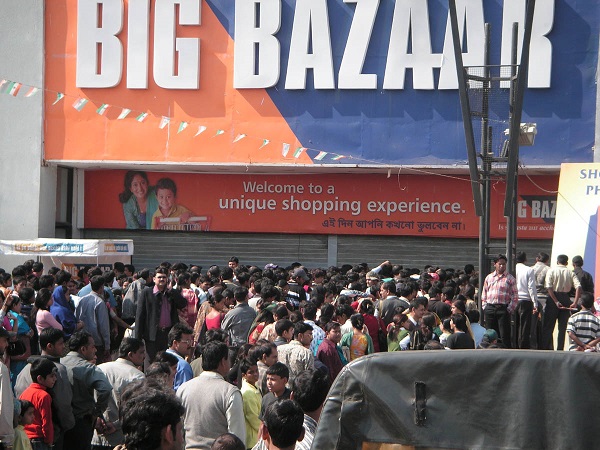At what point did we lose our manners, our patience, all our courtesies? And when will we get them back?
 by Dr Pooja Birwatkar
by Dr Pooja Birwatkar
The other day, after a long day at work, when I finally managed to prop my feet up and settle down for a cup of tea, my five-year-old son came running to tell me something. Looking at me, he paused and then began by saying, “Mom, I have to tell you something but when I am telling it to you, you let me complete it and listen to the entire thing and then react”.
I was taken aback. It led me to wonder: why did he say this to me? And then I realised that I had started cutting down his sentences even before he completes them and proceed to have my say. My lack of patience in hearing him out had been duly noted and this was his solution to tackle it. It led me to wonder about how seldom we reflect on two most important virtues in our life – patience and tolerance. Both seem to be doing a vanishing act lately.
Patience is the ability to tolerate any kind of delay, waiting or situations that frustrate us because things are not moving ahead, or not moving as anticipated. This tolerance has to be accompanied by non-agitated feelings or chances of not being upset. Of course, most of us have to learn to be patient as it does not come naturally to us.
So what has caused us to become intolerant and impatient? Much could be attributed to the technical age we are living in, where instant gratification is the motto. We live in a world where things look and appear easy to obtain, and hence we don’t realise their value. Since most of us treat our own lives as some sort of race that one has to run in and win to succeed, we are going to look at ‘patience’ and ‘tolerance’ as hindrances in our path.
The local train will teach you a thing or two about patience. If you accidentally step on someone’s foot or abruptly invade their space, you either get a scornful glance or a volley of abuse (or both). There is no common sense or logical thought at play here – why do we automatically assume that the push or stepping-on-toes act was a personal attack? It is the easiest thing in the world to be pushed or shoved around in a Mumbai local train. Nobody plans to hurt anybody else, so will we all just chill? Instead, try smiling at the person who accidentally hurt you and say, “It’s okay.”
It’s actually that simple.
I also see people frantically pushing buttons of their cell phones and I marvel at the amount of exercise they give their fingers. A few years ago, when mobile phones were still not the ‘in’ thing, people were not so anxious to communicate with others all the time. Now, of course, things are much different.
We also show impatience when we wait for the lift. Every person will press the button to call the lift, and if the lift takes time to appear, we show our frustration by pressing the 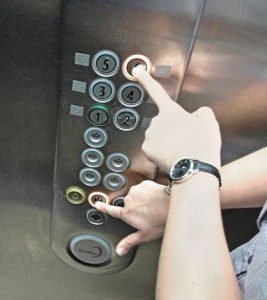 button fiercely and repeatedly. Once we step in, we see that another person has already pressed the button for the floor you will be alighting at. But will we wait? No, we will go ahead and press that same button again.
button fiercely and repeatedly. Once we step in, we see that another person has already pressed the button for the floor you will be alighting at. But will we wait? No, we will go ahead and press that same button again.
The same impatience manifests itself at the traffic signal. The signal may still be red, but we keep honking our horns at the cars ahead of us. Do we expect these cars to sprout wings and fly away, leaving the road clear for us?
It’s about time we Mumbaikars learnt to just relax and be patient.
The positive side of developing patience is that it makes your life easy – your anger loses its edge and your emotions are more balanced. You learn to deal with your problems in a more constructive way. Plus, you learn to be happier about yourself and others. A little patience goes a long way in sharpening our decision-making abilities as one not only deliberates on an issue but also avoids hasty mistakes. The empathy and compassionate virtues that grow with our patience affect our interpersonal relations to the maximum.
The commonly used word in our city to describe something good is ‘cool’. But are we actually ‘cool’ about things? We should be cool about the things that are tiny in magnitude, which unnecessarily stress us out. But instead, we choose to blow them out of proportion and say nothing about much bigger issues. There should be zero tolerance for injustice against women, children and senior citizens, against corruption and poverty, the way we have exploited natural resources and degraded our environment – but we show tremendous tolerance towards all these. So are we intolerant and impatient about everything, or selectively tolerant and patient? Think about it.
Dr Pooja Birwatkar is currently pursuing post doctoral research and working in the area of science education. She has been associated with the field of education in the past as a teacher educator, and her area of interest is research in education.
(Pictures courtesy www.carwale.com, www.wikihow.com)
